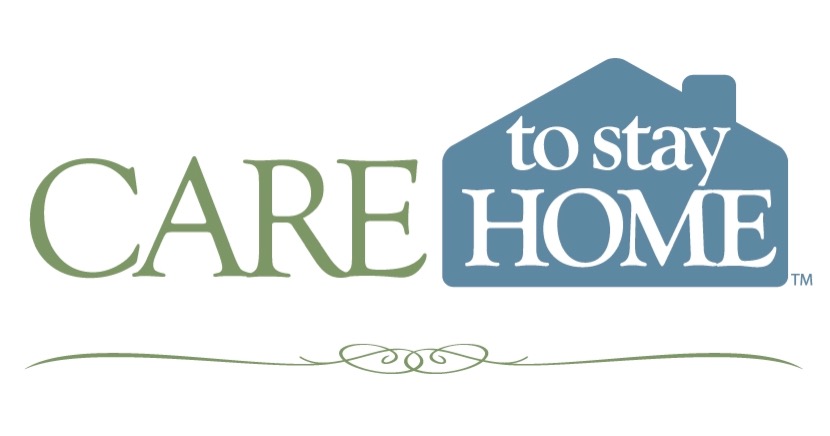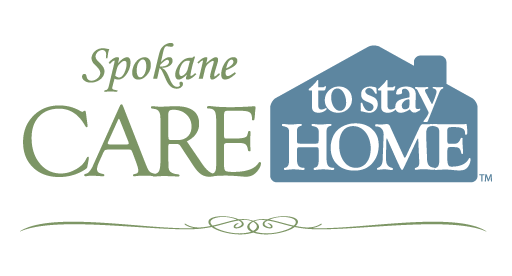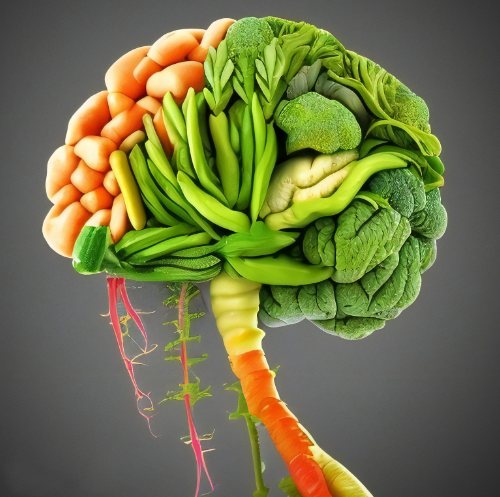
22 Feb What Foods Are Good for Stroke Recovery?
What you eat has a significant effect on how healthy your brain is. This is especially true for those recovering from a stroke. Knowing what foods are the best to add to a diet, as well as what foods and drinks to avoid, will help you create a brain-healthy diet.
Importance of a Healthy Diet for Stroke Recovery
Foods that are good for stroke recovery are ones that promote brain-derived neurotrophic factor (BDNF), a protein that supports the growth of new brain cells and encourages more neural connections inside the brain. The brain depends on these two functions for neuroplasticity, or the brain’s ability to rewire and rebuild itself after an injury (such as a stroke).1
Foods that help the brain produce more BDNF enhance the effects of neuroplasticity, which in turn may help boost recovery for stroke patients.
Best Foods for Stroke Recovery
Along with a diet rich in fruits and vegetables, we’ve put together a list of some of the best foods for stroke recovery, according to clinical research.
Salmon
Rich in an omega-3 fatty acid called EPA that aids in neuroplasticity, salmon and other types of fish can help maintain and increase levels of BDNF.2
Flaxseeds
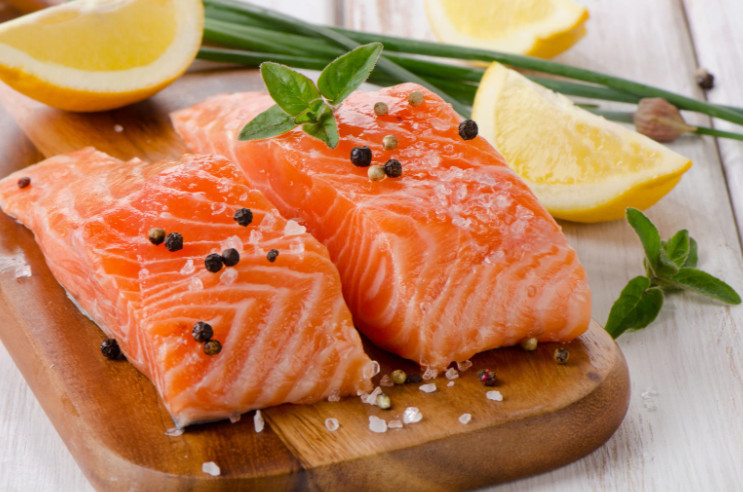
A 2015 study revealed that alpha-linolenic acid (ALA), which is found in flaxseeds, boosts BDNF and neuroplasticity. Since our bodies do not produce ALA on their own, it’s crucial for stroke patients to ingest an adequate amount of ALA to support recovery.3
Nuts & Seeds
As great sources of vitamin E, nuts and seeds can help lower the risk of age-related cognitive decline. Nuts and seeds also have lots of antioxidants, which is beneficial for stroke recovery.4
Avocados
Our brains need oleic acid to process information at optimal speeds, making avocados (which are high in both oleic acid and antioxidants) a must-have for a stroke recovery diet.
Quinoa
According to some studies, plant-based foods seem to lower the risk of stroke.5 Quinoa is a fiber-rich grain that contains all necessary amino acids to form complete proteins our bodies need to repair and make cells.6
Greek Yogurt
This food is a great source of protein, calcium, and probiotics, which promotes gut health and may help reduce risk of having another stroke.7 Yogurt is also an easier, softer food option for stroke survivors who may struggle with chewing and swallowing.
Legumes
Legumes are high in potassium, iron, and protein. In particular, beans are rich in magnesium, a mineral that protects the neurons in the brain.8
Hydration and Fluid Intake
Adequate hydration is crucial for stroke recovery as it supports overall health and facilitates healing processes. Individuals recovering from a stroke may experience dehydration due to decreased mobility or difficulty swallowing, making it essential to focus on hydration.
Encouraging the consumption of water-rich foods such as cucumbers, watermelon, and oranges can contribute to fluid intake. Additionally, clear fluids like water, herbal teas, and broths should be prioritized to maintain hydration levels. Monitoring fluid intake and staying hydrated can help prevent complications, support cognitive function, and promote overall well-being during the recovery journey.
What to Avoid for Stroke Patients
Avoiding certain foods and minerals is paramount for stroke patients as they embark on their journey toward recovery. While there is an array of delectable options that promote brain health, it’s crucial for stroke survivors to be mindful of choices that might exacerbate high blood pressure. Here’s a comprehensive guide to navigating a stroke recovery diet with vigilance:
- Sodium, often abundant in processed and packaged foods, can significantly elevate blood pressure levels, heightening the risk of recurrent strokes. The American Heart Association (AHA) recommends that adults keep their sodium intake below 2,300 mg per day to mitigate this risk effectively.
- Excessive sugar consumption can wreak havoc on blood vessels, predisposing individuals to a heightened risk of stroke.
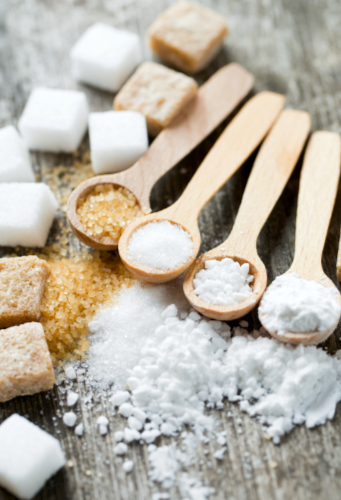
- Not only does sugar damage blood vessels directly, but it can also lead to weight gain, compounding the risk factors associated with stroke.
- Another culprit to watch out for is alcohol. While a moderate intake may seem harmless, alcohol consumption can lead to elevated blood pressure levels, rendering it imperative for stroke survivors to limit or abstain from alcohol consumption altogether whenever feasible.
- Saturated fats, commonly found in fried fare and red meats, pose a significant threat to stroke recovery. Research suggests that high levels of saturated fats can impede brain-derived neurotrophic factor (BDNF) production and neuroplasticity, crucial elements for optimal recovery post-stroke. Therefore, opting for healthier alternatives such as fish and nuts can promote healing and facilitate a smoother recuperative process.
Expanding upon these dietary considerations, it’s essential to delve deeper into the mechanisms behind these recommendations to empower stroke patients with a comprehensive understanding of their dietary choices. Excessive sodium intake not only elevates blood pressure but also promotes water retention, exacerbating the strain on the cardiovascular system.
Similarly, refined sugars contribute to inflammation and oxidative stress, further compromising vascular health. Alcohol’s impact on blood pressure stems from its ability to disrupt the balance of neurotransmitters and impair blood vessel function. Understanding these underlying mechanisms equips individuals with the knowledge needed to make informed dietary decisions conducive to their recovery journey.
While there are many tempting indulgences, stroke survivors must prioritize foods that support their cardiovascular health and aid in their recovery. By steering clear of excessive sodium, sugar, alcohol, and saturated fats, individuals can pave the way for a smoother and more effective rehabilitation process, ultimately enhancing their quality of life post-stroke.
Best Diets for Stroke Recovery
While we cover two of the most recommended diets for stroke recovery and overall brain health, it’s important to create a diet that fits your unique needs. We recommend speaking with your doctor or dietitian before starting on any specific diet.
Mediterranean Diet
Known as a heart-healthy diet, the Mediterranean diet is also beneficial to stroke survivors. This diet focuses on plant-based dishes such as lentils and whole grains and healthy fats such as olive oil, and it allows for only a low amount of red meat and sweets.
DASH Diet
The Dietary Approaches to Stop Hypertension (DASH) diet focuses on making sure you receive all the nutrients you need while keeping your daily intake of sodium low so that your blood pressure remains optimal.
A Cookbook for Stroke Patients
The American Stroke Foundation has provided a cookbook for stroke survivors and their families to enjoy, explaining the ideal brain-healthy diet in detail and sharing multiple recipes for how to create delicious meals that feed and heal our brains.
Stroke Recovery Care in Spokane
A brain-healthy diet is just one of the steps in a full stroke-recovery program.
Spokane Care To Stay Home is here to help you or your loved one recover from a recent stroke and return to a thriving, healthy life. We know that post-stroke treatment and care is important—that’s why we provide compassionate and professional care to all of our patients.
Visit our Stroke Recovery Care page to learn more about how we can help.
Sources:
- https://www.hindawi.com/journals/bmri/2015/519830/
- https://pubmed.ncbi.nlm.nih.gov/23746276/
- https://www.hindawi.com/journals/bmri/2015/519830/
- https://pubmed.ncbi.nlm.nih.gov/12117360/
- https://n.neurology.org/content/96/15/e1940
- https://medlineplus.gov/ency/article/002467.htm
- https://www.ncbi.nlm.nih.gov/pmc/articles/PMC5775992/
- https://link.springer.com/article/10.2165/00023210-200115120-00002
- https://www.sciencedirect.com/science/article/abs/pii/S0306452202001239
